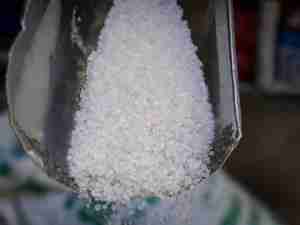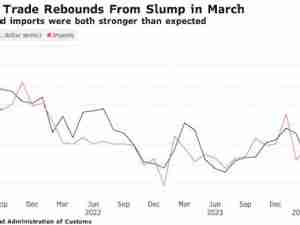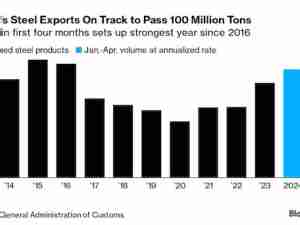Canada seen dawdling on ratification of key Pacific trade deal
By: Reuters | Dec 17 2015 at 03:23 PM | International Trade
Canada is set to hold back on ratifying a key Asia-Pacific trade treaty, a move that would assuage critics but might hamper Washington's bid to build domestic support for the deal, according to sources close to the talks.
Canada is one of 12 nations that initialed the Trans-Pacific Partnership (TPP) in early October, agreeing in principle to create a trade zone covering 40 percent of the world's economy.
TPP members are now talking about signing the deal in February, a crucial step which paves the way for ratification.
The deal was negotiated while Canada's right-leaning pro-business Conservatives were in office but they lost power to the center-left Liberals later in October.
The Liberals, now under pressure from labor unions fretting about what they fear will be big job losses once TPP comes into effect, have launched widespread consultations on the deal. This could take considerable time, said the government, which strongly advocates the idea of free trade.
One source directly familiar with government thinking said Canada has effectively decided it would sign, even though resistance in the U.S. Congress means the prospects for eventual ratification are unclear.
"As it stands, Canada will most likely sign the treaty but won't move to ratify it until the situation in Congress becomes clearer," said the source.
Senate Majority Leader Mitch McConnell told the Washington Post last week he had "serious problems" with the deal and it should not go to Congress before the U.S. elections in November 2016.
"It would certainly be helpful if other nations moved to ratify," said a U.S. official familiar with the matter.
Canada appears in no rush and its view is shared by at least one other TPP state.
"Why would you expend any political capital on ratification if the whole process isn't going anywhere?" said an official from a third TPP nation.
Canadian Trade Minister Chrystia Freeland, pressed on Ottawa's strategy, said signing the treaty would keep the door open to becoming a full member.
"Not signing at this stage would have very significant consequences ... we would lose our status as one of the original TPP signatories and that would be giving up some significant privileges," she said in a phone interview.
Freeland declined to say what effect a potential stalemate in Congress would have on the government's thinking.
Kirsten Hillman, Canada's chief TPP negotiator, said "every country around the table will be looking to see what happens in the U.S. as they head into their election".
Canadian ministers are talking to a wide range of business interests as well as critics like Jerry Dias, who heads the labor union Unifor and calls TPP "a complete mess from top to bottom."
TPP provisions making it easier for Japanese auto makers to export duty free into North America will lead to tens of thousands of job losses in Canada, said Dias, who also worries about opening up Canada's protected dairy market.
Dias says he told Freeland and her team: "Is it better to be part of a terrible deal or is it better to be part of no deal?"
Hassan Youssef, head of the Canadian Labour Congress, says he could not support TPP without changes.
The U.S. administration has ruled out renegotiating the deal and warned that small tweaks could unravel the whole pact.









